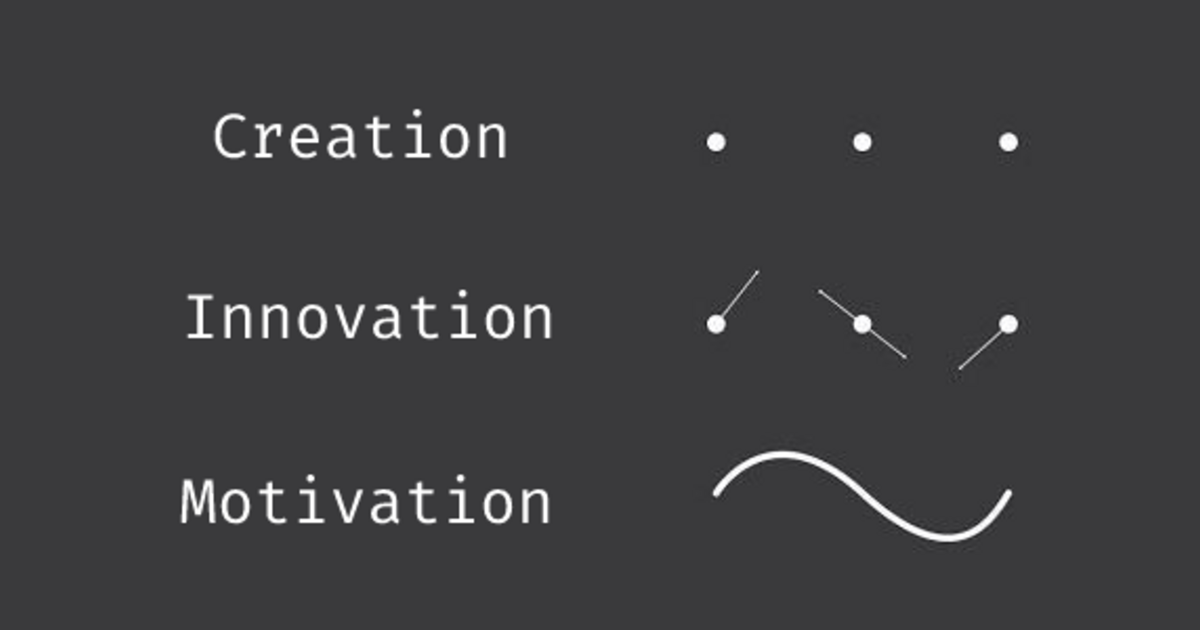Recent searches
Search options
Language obesity happens one "indispensable" feature at a time.
The vast majority of Go proprosals get rejected. "Oh those opinionated Go maintainers! If the language had just feature x, y, and z, writing code would be so much more efficient."
Beware of the shiny object syndrome.
From one persons perspective, only five feature would be enough to make Go "great". Well, there are umpteenth people who think the same, but with different feature sets in their mind. And their definitions of "great" differ, too.
If Go would happily ingest new language features for the promise of becoming more effective, concise, elegant, etc., it would end up as the next C++.
C++ has started as a lean language, easy to pick up, easy to program with. (I know it because I was there when C++ came out.) Look where it is now: A feature behemoth that became so complicated that teams have to agree on a subset of the language to work efficiently.
There is an old joke among guitarists:
How many guitars are enough?
Just one more.
Go deliberately chose not to go down that route. Go is widely popular in the backend and infrastructure world precisely because it maintains a rather stable feature set. Junior devs can pick up the language quickly, and senior devs aren't encouraged to write "clever" code to try setting themselves apart from the juniors. Everyone speaks the same language because the language is simple but expressive enough to get shit done.



